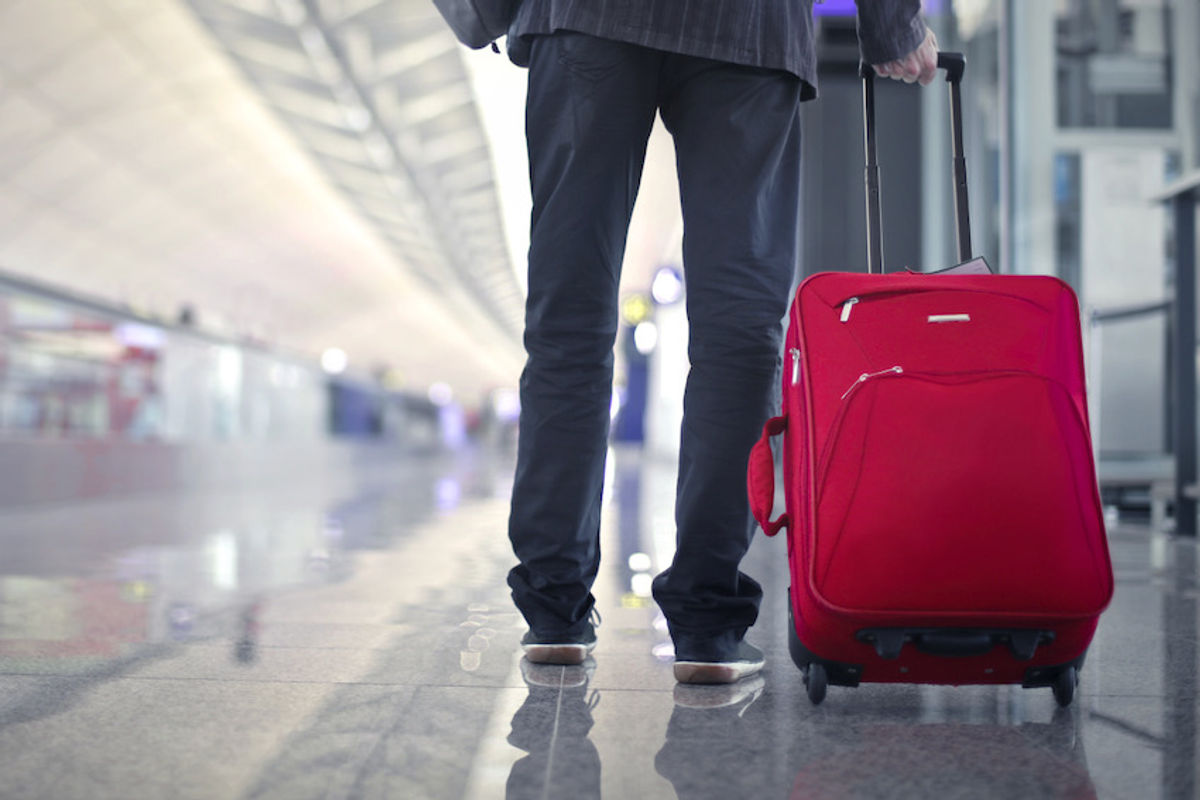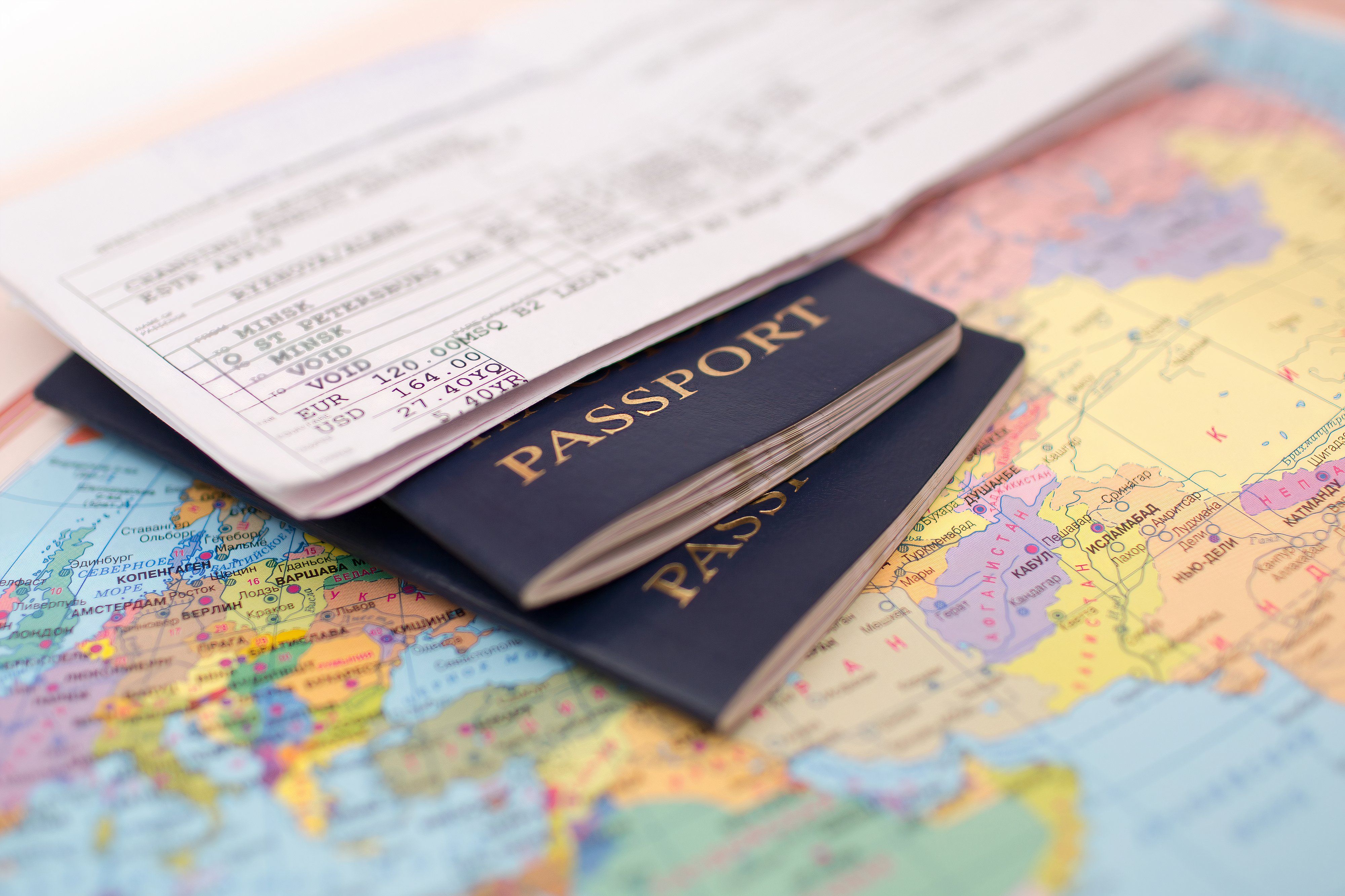Travel
Business travel maintains appeal among European professionals, study finds

Despite increased disruption in the post-pandemic years, business travel remains highly regarded – and considered a ‘status symbol’ – among European professionals, according to a study by corporate travel payments specialist AirPlus.
The study, which surveyed 543 business travellers across nine European countries (Austria, Belgium, France, Germany, Italy, Luxembourg, Netherlands, Switzerland and the UK), found that business trips are seen as a symbol of status by more than half (51 per cent) of respondents.
Additionally, 37 per cent said they felt “important or superior” in their social environment because of a particular business trip and a further 37 per cent also consider people who travel frequently for business to be “particularly important”.
More men (44 per cent) than women (29 per cent) agreed that frequent business travellers are considered more important than those who do no travel or travel less.
The option to combine business trips with leisure travel is also considered important by 45 per cent of respondents, however this tends to be valued more by Gen Y and Gen Z workers than by Baby Boomers and Gen X workers.
One in three business travellers (31 percent) also stated they would change jobs if they suddenly lost the opportunity to travel or could only travel very rarely – this increases to 40 per cent among young professionals (Gen Y and Gen Z).
More than half of the business travellers surveyed (57 per cent) said they perceive business travel as a “special privilege”, especially since 28 per cent reported their companies had encouraged a ‘virtual-first’ approach to meetings in the past 12 months. Meanwhile, 22 per cent pointed to reduced travel budgets and 17 per cent said corporate ESG efforts had led fewer business trips.
The vast majority (88 per cent) of respondents see some kind of disadvantage in replacing business travel with virtual alternatives, such as a lack of personal contact (according to 61 per cent of respondents) and reduced networking opportunities (33 per cent).
When it comes to building a case for business travel, the study highlighted relationship building as the top priority (according to 51 per cent pf respondents), followed by negotiations and persuasion (40 per cent) and discussing confidential or sensitive topics (39 per cent).










